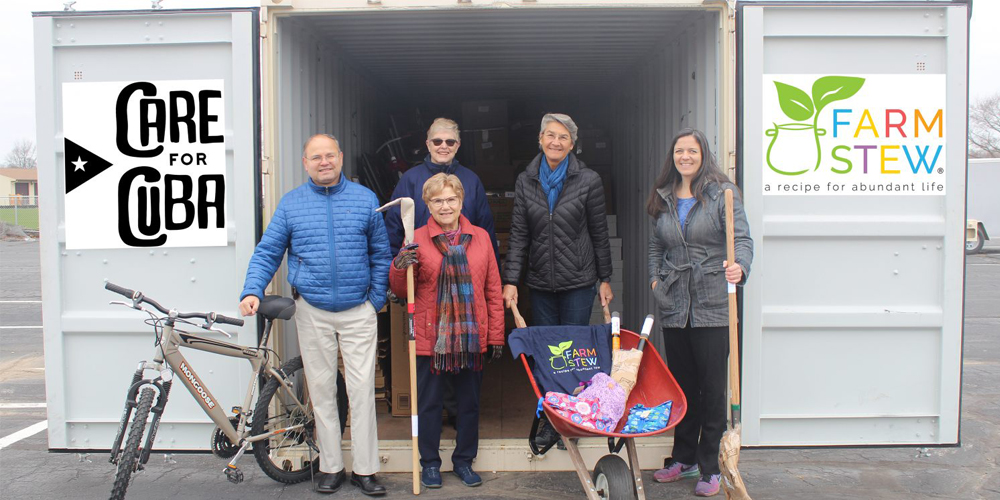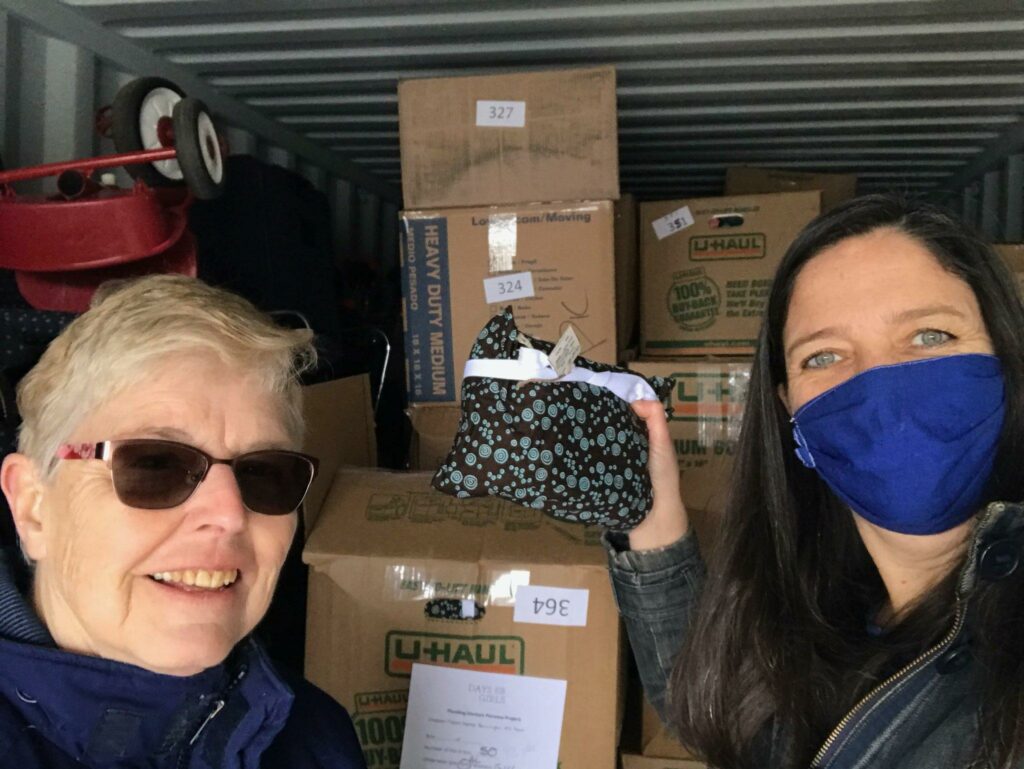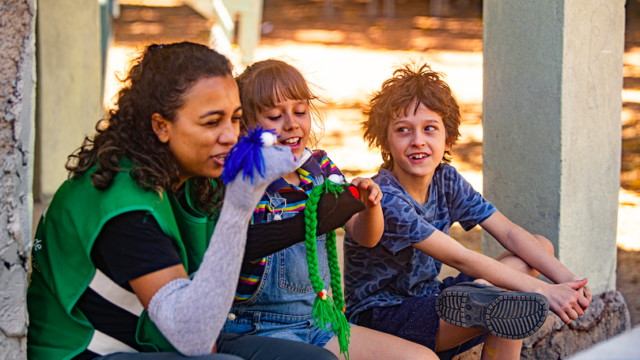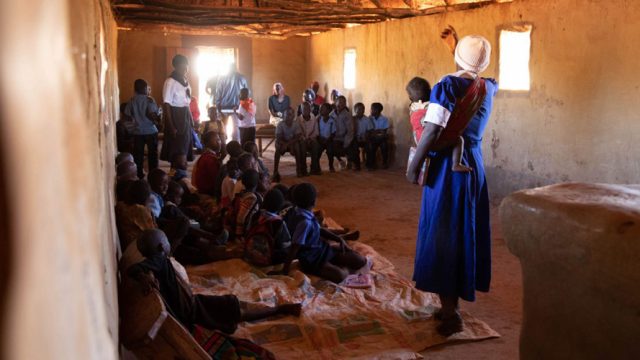Joint initiative seeks to address food and other shortages due to extended lockdowns.

The pandemic has forced Cuba to close airports and lock down borders to combat the spread of the virus, which caused tourist travel — an important source of hard currency — to plummet, plunging the nation into one of the worst food shortages in nearly 25 years.
Adventist church member and FARM STEW founder Joy Kauffman saw the situation as an opportunity to expand the ministry by partnering with Care for Cuba, based at Andrews University, in Berrien Springs, Michigan, United States.
Kauffman said that increasing food availability is one of the main objectives of FARM STEW. “With Cubans going hungry every day and residents not skilled or equipped to grow their food, it was only natural that we would help,” she noted. They are building on a ministry that already has established teams in Uganda, Zimbabwe, South Sudan, and the United States. “That’s the foundation of our ministry, to improve the health and well-being of poor families and vulnerable people by sharing abundant life throughout the world.”
Because the Cuban government has encouraged its citizens to plant gardens, FARM STEW donated 200 manuals and 200 flash drives with the FARM STEW curriculum, giving Bible workers the tools to address the root causes of hunger, disease, and poverty. FARM STEW has now managed to start training in 18 Adventist churches, working with a total of 150 committed families, distributing fourteen varieties of vegetable seeds to each family.
Care for Cuba
Kauffman has teamed up with Care for Cuba, an established ministry equipping pastors and lay workers in Cuba with training and materials since 1998. The ministry is a support system for individuals in Cuba who are willing to go and make a difference in the world for Christ by giving Bible studies and participating in evangelism.
Since 2013, Fernando Ortiz, who directs Andrews University’s Master of Divinity degree program and founded Care for Cuba, has organized an annual Cuba Study Tour that takes place during spring break, allowing seminary students to engage in personal and public evangelism. In Spring 2020, the group was all packed and ready to go with 60 suitcases full of resources. They were unable to travel due to the pandemic but eventually found a way to still make an impact. A shipping container loaded with supplies was sent to Cuba in December 2020 by Care for Cuba.

In Cuba, pastors, Bible workers, and people in general sometimes lack many resources taken for granted in other parts of the world, including a great variety of ministry resources. While Cuba has 170 pastors and 220 Bible workers, few of them have cars. Bible workers often need to travel some distance to get from one family to the next.
“With a bicycle, you can cover three or four times as much [area], giving three times as many Bible studies, and probably three times as many baptisms,” Ortiz said. “You will see people going to church, Daddy driving the bicycle, Mommy on the handlebars, and then a child in front and another child on the back.” One bicycle can make a big difference, so workers were happy to receive 100 bicycles for Bible workers that were donated from a variety of sources in the Berrien Springs community. Notably, World Youth Group donated 50 bicycles, and Bicycle Mission World donated another twenty.
Abundance of Hope
In addition to the farming curriculum, FARM STEW donated 2,000 feminine hygiene kits with reusable menstrual pads, underwear, and soap that volunteers loaded into the containers. Ortiz explained that these kits are providing items that simply cannot be obtained in Cuba.
Support has also come from Village Seventh-day Adventist Church in Berrien Springs, Stevensville Adventist church, and the surrounding community. “I don’t know that we’re going to have space [in the containers], but the Lord will make it [happen]. It’s a good problem,” Ortiz said.
The original version of this story was posted by the Lake Union Herald.








